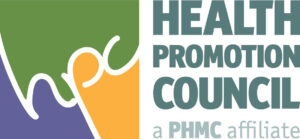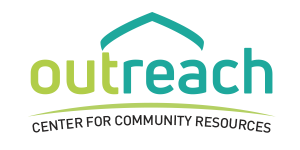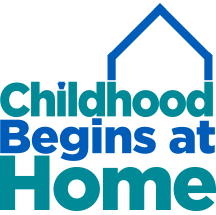

SafeCare Augmented® uses motivational interviewing and other training to focus on three key outcomes that are universally important for families: creating positive relationships between caregivers and their children, ensuring homes are safe to reduce the risk of child injury, and keeping children as healthy as possible. Research shows this model:
Increases the rate of positive parent-child interactions as well as competency regarding child health by improving parent ability to respond appropriately to illnesses.
- SafeCare Augmented increases the rate of positive parent-child interactions and competency regarding the emergency room, doctor’s appointments, and care at home. [Beachy-Quick, K., Lee, C., McConnell, L., Orsi, R., Timpe, Z., & Winokur, M. (2018). SafeCare Colorado Program Evaluation Report 2014–2017. Colorado State University, Social Work Research Center, 1-77. http://35pytx37zdp5j4hfr35of829-wpengine.netdna-ssl.com/ssw/wp-content/uploads/sites/7/2019/10/SafeCare-Colorado-Project-Evaluation-Report-2014-2017_final_corrected.pdf]
- SafeCare Augmented improves general parenting behaviors as well as parent ability to recognize and respond appropriately to child illness. [Guastaferro, K., Miller, K., Lai, B. S., Shanley, J., Kemner, A., Whitaker, D. J., & Lutzker, J. R. (2019). Modification to a Systematically Braided Parent-Support Curriculum: Results from a Feasibility Pilot. Journal of Child and Family Studies, 28(7), 1780-1789. https://link.springer.com/content/pdf/10.1007/s10826-019-01369-w.pdf]
Improves safety in the home by teaching caregivers about hazard removal and increasing family likelihood of participating in child abuse prevention services.
- SafeCare Augmented increases likelihood of enrolling and completing services designed to address child abuse prevention. [Damashek, A., Doughty, D., Ware, L., & Silovsky, J. (2011). Predictors of Client Engagement and Attrition in Home-Based Child Maltreatment Prevention Services. Child Maltreatment, 16(1), 9-20. https://doi.org/10.1177/1077559510388507]
- SafeCare Augmented increases safety in the home by teaching parents about removing potential hazards from the home. [Beachy-Quick, K., Lee, C., McConnell, L., Orsi, R., Timpe, Z., & Winokur, M. (2018). SafeCare Colorado Program Evaluation Report 2014–2017. Colorado State University, Social Work Research Center, 1-77. http://35pytx37zdp5j4hfr35of829-wpengine.netdna-ssl.com/ssw/wp-content/uploads/sites/7/2019/10/SafeCare-Colorado-Project-Evaluation-Report-2014-2017_final_corrected.pdf]
Reduces the frequency of child welfare reports related to domestic violence in addition to lowering the rate of intimate partner victimization.
- SafeCare Augmented decreases the frequency of child welfare reports related to domestic violence by providing home-based mental health services. [Silovsky, J. F., Bard, D., Chaffin, M., Hecht, D., Burris, L., Owora, A., & Lutzker, J. (2011). Prevention of Child Maltreatment in High-Risk Rural Families: A Randomized Clinical Trial with Child Welfare Outcomes. Children and Youth Services Review, 33(8), 1435-1444. https://doi.org/10.1016/j.childyouth.2011.04.023]
- SafeCare Augmented lowers the rate of intimate partner victimization as well as parental depression. [Silovsky, J., Bard, D., Owora, A. H., Milojevich, H., Jorgensen, A., & Hecht, D. (2023). Risk and Protective Factors Associated with Adverse Childhood Experiences in Vulnerable Families: Results of a Randomized Clinical Trial of SafeCare®. Child Maltreatment, 28(2), 384–395. https://doi.org/10.1177/10775595221100723]
SafeCare Augmented® serves families in 5 counties.
